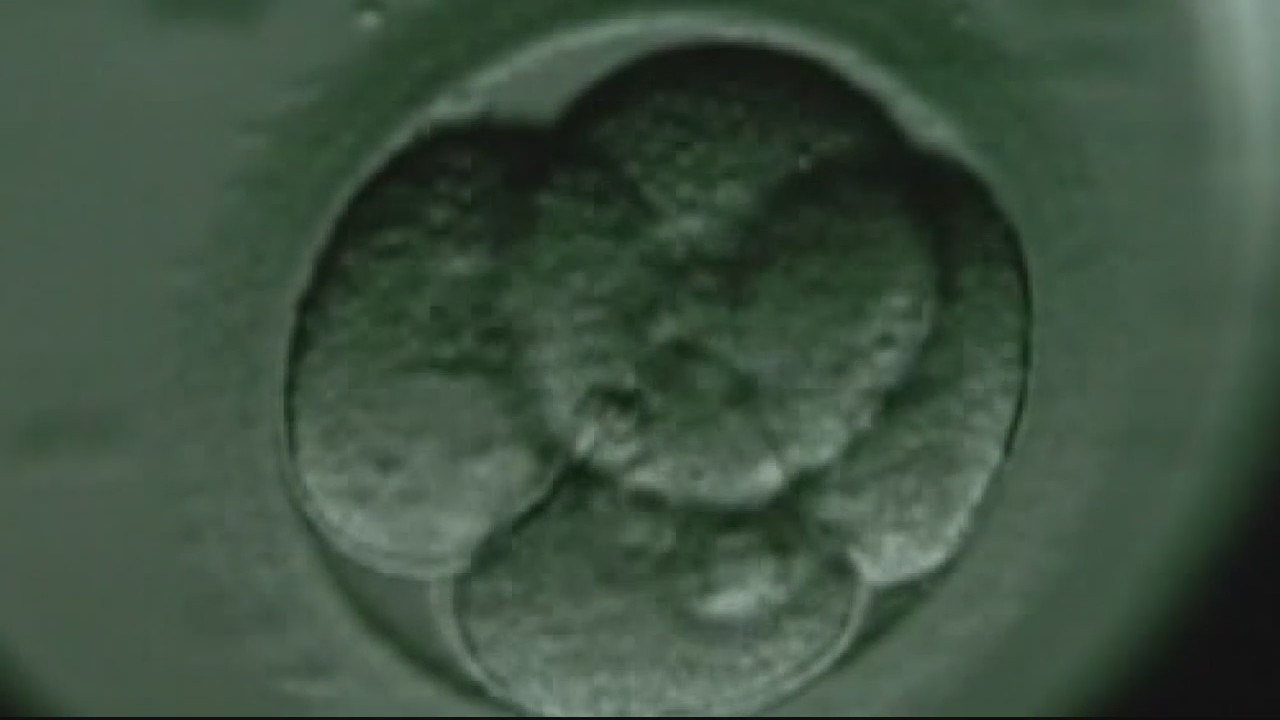National Infertility Awareness Week focuses on ending stigmas, providing support

Raising awareness during Infertility Awareness Week
National Infertility Awareness Week is a time used to learn about infertility, provide resources, and end stigmas associated with struggles to get pregnant.
DETROIT (FOX 2) - It's National Infertility Awareness Week -- a time to help shed the stigma and offer resources for support.
"Another misconception is that women think that if they're having regular cycles that they're fertile," said Dr. Brad Miller, a reproductive endocrinologist with Reproductive Medicine Associates of Michigan.
Infertility does not discriminate. It’s also much more common than people think.
The CDC reports that in the U.S. among married women age 15 to 49 who have never given birth, about one in five struggle with infertility. There are a number of reasons why getting pregnant can be challenging.
"The tubes are either not functioning properly or they're blocked. Another common cause is male factor, meaning the partner sperm is not functioning properly. Another cause is inovulation, so the woman is not having regular menstrual cycles, therefore not having regular ovulation. So that's a primary cause of infertility," Miller said
Age is also a factor. Research and data show as women get older, their egg count and quality go down, posing yet another challenge.
"What we see as a result of that is it's harder for patients to become pregnant, and then their miscarriage rate goes up. And then finally, the rate of birth defects goes up as well," Miller said. "By 45, for most women, their ability to reproduce is not there anymore."
For all these reasons, this isn’t an easy topic to talk about, and all the more reason why acknowledging April 23-29 as National Infertility Awareness Week is so important.
"Twenty years ago, we weren't very good at egg freezing, and now it's sort of mainstay in what we do and a freezing is very successful. Depends on the age of the woman when we freeze the eggs and then the other variable that is dependent upon success is the number of eggs that we freeze. So, if we have a larger number and younger patients, the overall success later in life to have a baby is very good," Miller said.
Miller says it all starts with understanding your baseline health and being proactive.
"The good news is there are more and more insurance companies that are covering IVF coverage, more employers locally. We've had a couple of the automakers that have now had coverage for egg freezing and IVF. So, that's really good news for the people in the Detroit area," he said.

